Schoenberg began Gurrelieder in 1900, but he didn’t hear it until 1913. By then, he’d moved on, and he ostentatiously refused to acknowledge the applause for what (as it turned out) would be the greatest public triumph of his career. Radical artist snubs ignorant masses: it’s a gesture that could stand for much of classical music’s post-1913 history.
Already a subscriber? Log in
Subscribe for just $2 a week
Try a month of The Spectator Australia absolutely free and without commitment. Not only that but – if you choose to continue – you’ll pay just $2 a week for your first year.
- Unlimited access to spectator.com.au and app
- The weekly edition on the Spectator Australia app
- Spectator podcasts and newsletters
- Full access to spectator.co.uk
Or
Unlock this article
You might disagree with half of it, but you’ll enjoy reading all of it. Try your first month for free, then just $2 a week for the remainder of your first year.

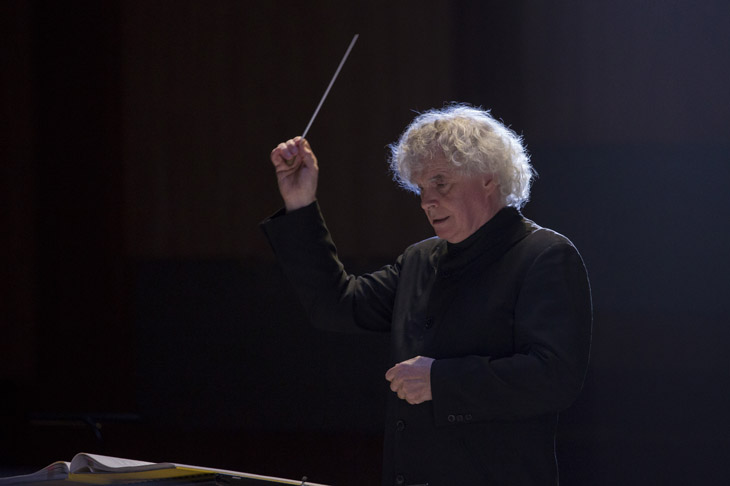
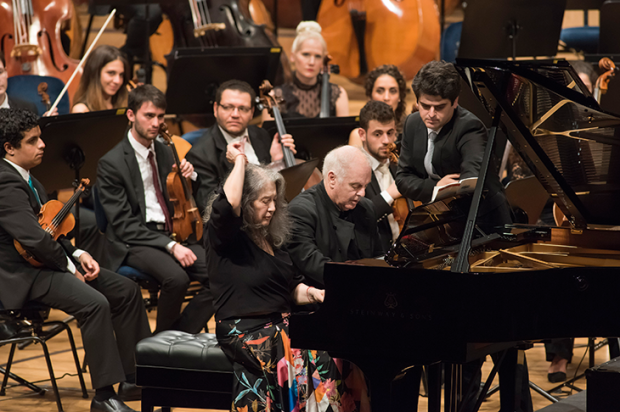
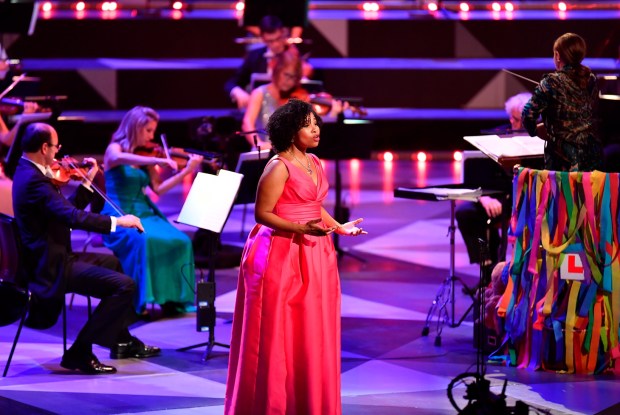
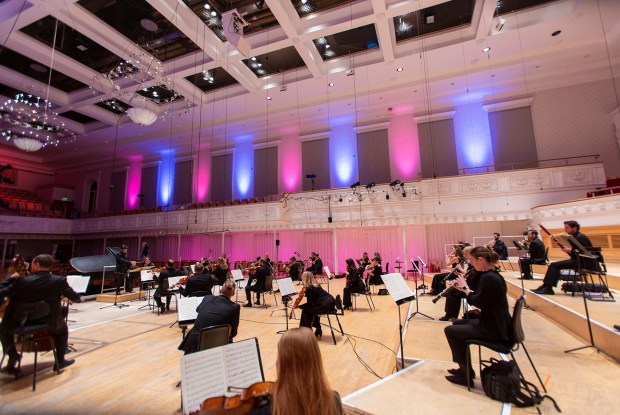
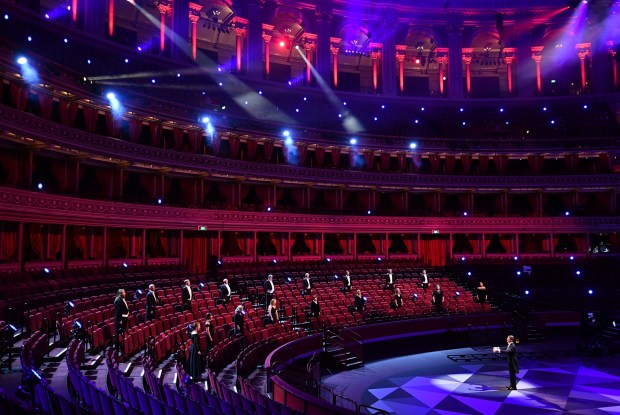
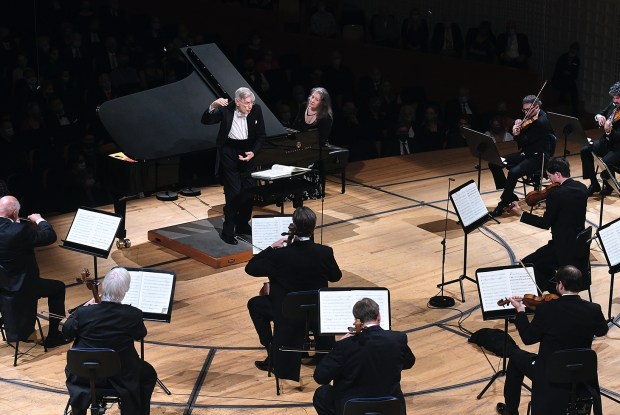
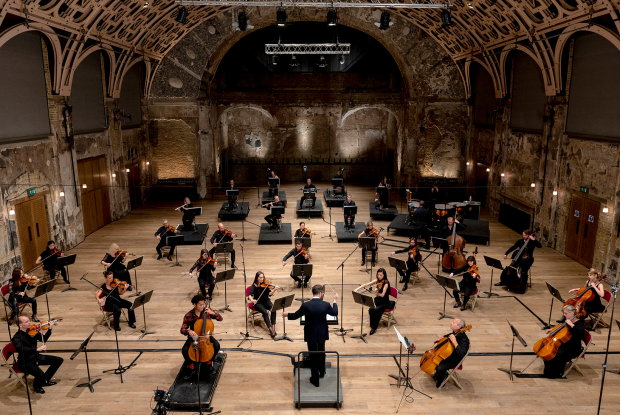






Comments
Don't miss out
Join the conversation with other Spectator Australia readers. Subscribe to leave a comment.
SUBSCRIBEAlready a subscriber? Log in